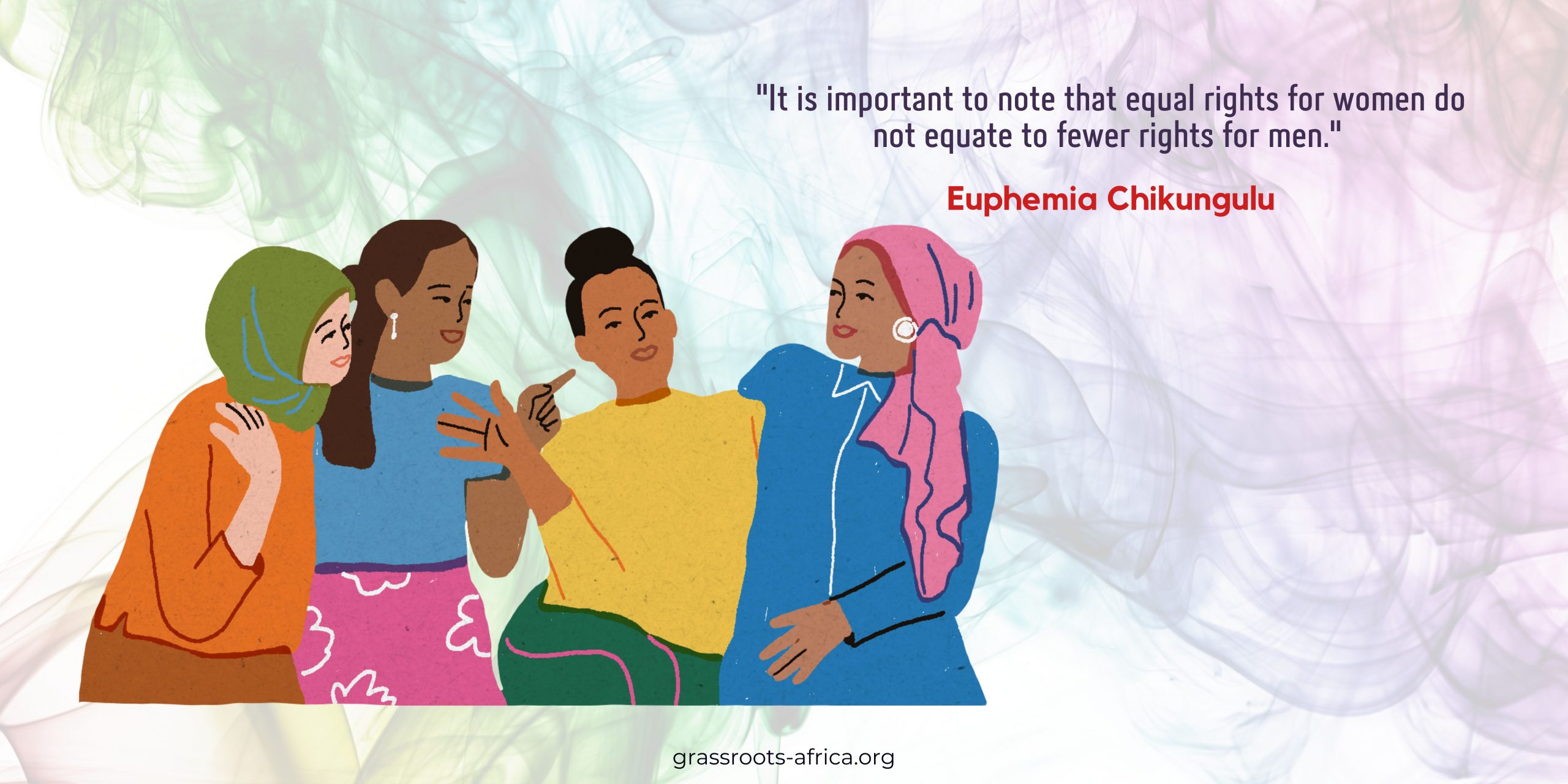Exploring Diversity and Inclusion in Education, ICT, and Engineering
In recent years, there has been a growing recognition of the significance of equal opportunities for women and girls in education, information and communication technology (ICT), and engineering. Despite the progress made in many countries, significant disparities between genders still persist in these fields. Gender inclusion goes beyond mere equality; it encompasses the notion that all services, opportunities, and establishments should be accessible to all, regardless of gender, without defining societal roles and expectations. As we enter a new decade, women are poised to accelerate progress and invest in a future that believes in their agency, leadership, and potential.
Women and girls are actively breaking barriers and stereotypes. They are shaping a world that is relevant for them and future generations. Giving women and girls a voice in pursuing their chosen programs makes them feel a sense of belonging, value, and purpose. Every individual, regardless of gender, deserves quality education and the freedom to pursue their desired paths. Unfortunately, women and girls face daily barriers to education and employment due to poverty, cultural norms, practices, poor infrastructure, and violence. Ensuring that all women and girls receive quality education is not only their right but also crucial for societal progress. It is important to note that equal rights for women do not equate to fewer rights for men.
Embracing equity entails being fair to women and men by implementing strategies and measures that compensate for women’s historical and social disadvantages. If given the chance to start over, I would still choose software engineering. Therefore, I urge all women to recognize and embrace their uniqueness, as careers have no gender.
Significance of equal opportunities in education, ICT, and engineering
Education serves as the foundation for success in numerous fields, including ICT and engineering. However, many girls worldwide are still denied the opportunity to receive a quality education. In some countries, cultural and societal norms dictate that girls should not pursue education or devalue their educational pursuits compared to those of boys. Such practices not only harm girls themselves but also perpetuate gender inequality across various domains.
To ensure equal opportunities for girls in education, it is crucial to eliminate these cultural and societal barriers. Governments must invest in education and work diligently to eradicate discrimination against girls within the education system. This can be accomplished through policies that promote gender equality in schools and universities. Examples include providing scholarships and financial assistance for girls and implementing gender-sensitive curricula that reflect the experiences and perspectives of girls and women.
The field of ICT is experiencing rapid growth and increasing importance in today’s world. However, women and girls are significantly underrepresented in this domain.
Addressing the systemic barriers that prevent women and girls from pursuing careers in ICT is essential to increase their participation in the field. This involves tackling stereotypes and biases against women and creating an inclusive environment that values diversity. An inclusive workplace begins with each one of us. By fostering inclusive growth, we can implement innovative solutions that promote societal equity, workplace inclusion, economic prosperity, and long-term environmental health.
It is evident that achieving inclusion and diversity is crucial for the progress of women and girls in education, ICT, and engineering. By dismantling cultural and societal barriers, promoting equal opportunities, and challenging biases, we can create a world where every individual has the chance to thrive and contribute regardless of their gender.
We must not allow obstacles and discrimination to hinder the growth and progress of women in these fields. By fostering an inclusive environment, providing equal opportunities, and celebrating diversity, we can create a world where women and girls thrive and contribute to the fullest extent of their abilities.
About the author:

Euphemia Chikungulu is a skilled Software Engineer specializing in frontend development. With a passion for technology and design, she has explored various roles in the Tech Industry, including Technical Writing, Tech Blogging, STEM advocacy, and Ux/UI design. Euphemia’s expertise is evident through her Technical Articles and blogs covering frontend development, Ux/UI design, and emerging technologies. She is a vocal advocate for diversity and inclusion in STEM, especially for underrepresented groups. Euphemia’s versatile skills and dedication have made her a respected and influential figure in the industry.

Recent Comments